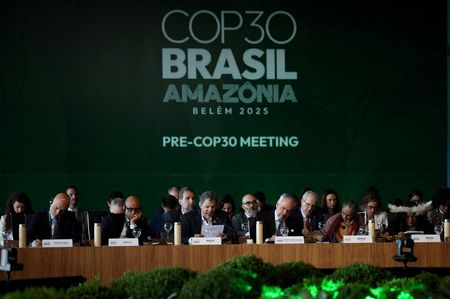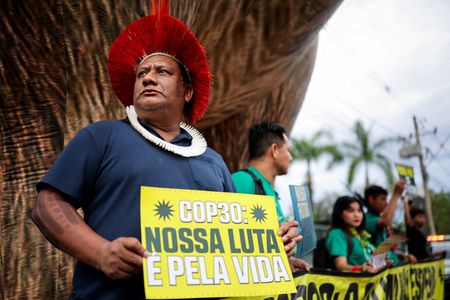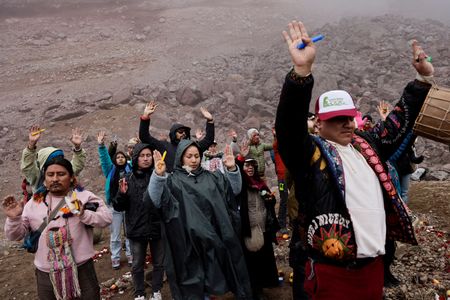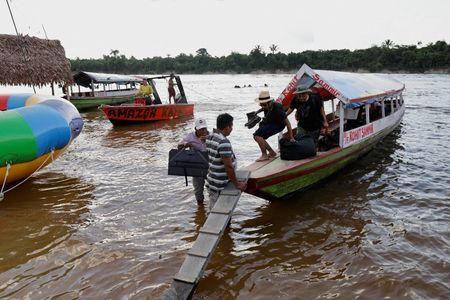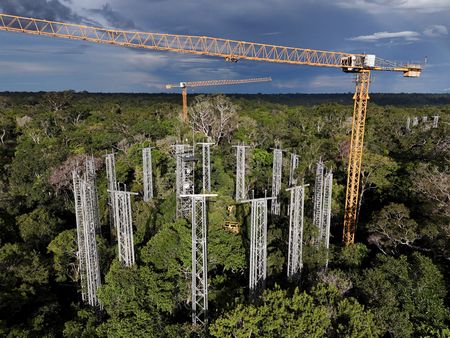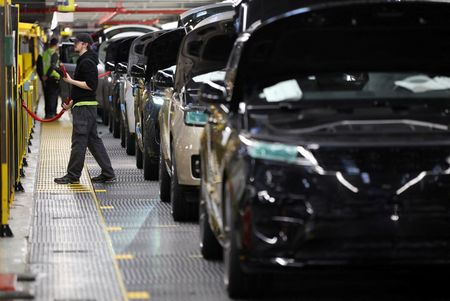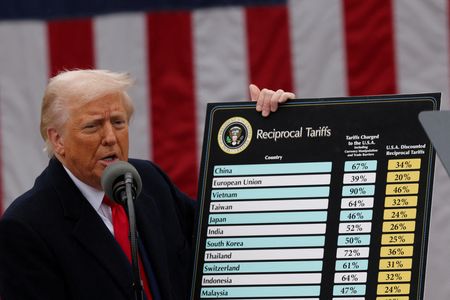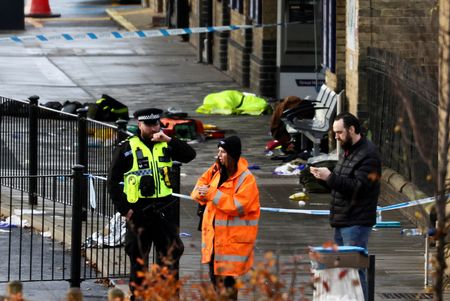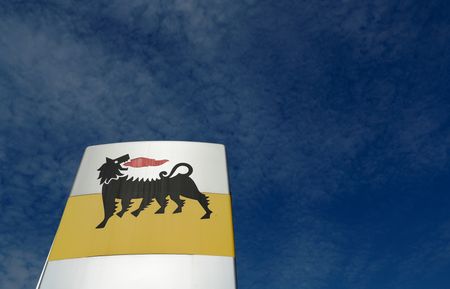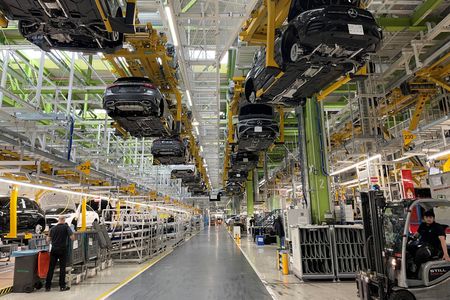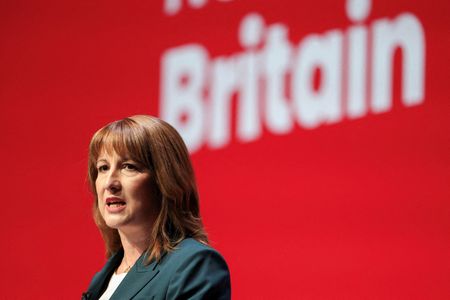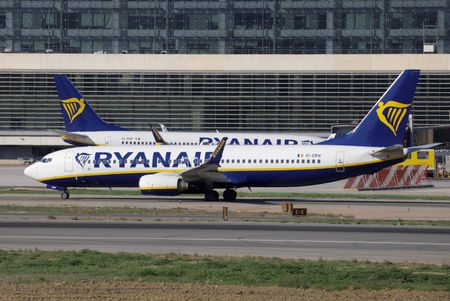By Simon Jessop and Katy Daigle
SAO PAULO (Reuters) -Brazil on Monday opens three weeks of events linked to the COP30 climate summit, hoping to showcase a world still determined to tackle global warming. That may be tough in a year marked by economic upheaval and cancelled U.S. commitments.
Business leaders meeting in Sao Paulo are pushing for stronger policies for financing the energy transition, with an open letter on Monday asking governments “urgently” for incentives to adopt renewable energy in lieu of fossil fuels.
“It’s a recognition from the business groups of the importance of multilateralism and the importance of raising ambition,” said CEO Maria Mendiluce of the We Mean Business Coalition, which coordinated the letter from 35 groups representing 100,000 companies.
In Rio de Janeiro on Monday, mayors, governors and other subnational leaders will attend a Local Leaders summit, which threatens to be overshadowed by protests against the city’s bloody crime crackdown a week earlier.
Separately, Britain’s Prince William will preside over a ceremony in Rio for his annual Earthshot Prize recognizing contributions to environmentalism over the last year.
However, countries and corporates may be hard-pressed to project the same optimism that has marked climate diplomacy in recent years.
Today, global cooperation is stagnating amid geopolitical tensions and multiple wars. An erratic series of U.S. tariffs has upended economic stability worldwide, while U.S. reversals on clean energy policy and climate science have rattled investors. And while costs for renewable energy have plummeted to below fossil fuels, many countries are juggling competing goals such as food security or developing AI.
Business leaders still hope to press clean energy policies as a priority. “It makes strong business sense and ensures energy security and competitiveness,” said Gonzalo Sáenz de Miera, chairman of the Spanish Green Growth Group.
RAINFOREST SUMMIT
Brazil’s turn as this year’s host marks 33 years since the Rio Earth Summit, where countries first signed the United Nations treaty committing to tackling climate change.
The summit has since developed into a major multilateral forum, bringing rich and poor countries together with scientists and civil society to address the climate threat. But it has so far failed to halt the rise in carbon emissions, though the pace has slowed. About 40% of industrial-era emissions in the atmosphere have been released since the treaty was signed.
In attending the annual summit, leaders typically aim to confirm their country’s commitment and to hold one another accountable. But COP30 is likely to see the lowest attendance by world leaders since 2019, when about 50 heads of state went to Madrid for COP25.
For the November 6-7 leaders’ summit in the Amazon city of Belem, “fewer than 60” leaders had confirmed with the Brazilian presidency as of Saturday. More than 80 attended last year’s COP29 in Baku, following more than 100 at the previous three summits in Dubai, Sharm el-Sheikh, Egypt, and Glasgow.
The main November 10-21 summit in Belem has also seen fewer people register than for COPs in the recent past. With limited hotel capacity and high room prices in Belem, only about 12,200 people had signed up as of October 8, according to preliminary data from the U.N. climate agency.
Last year’s COP29 in Baku had more than 54,000 attendees, while Dubai’s COP28 drew almost 84,000. Brazil had said it expects more than 45,000.
The planning for COP30 has caused months of anxiety among countries that struggled to find affordable accommodation, with some ultimately planning to cut their delegations.
That’s also driven more people to either the finance-focused events this week in Sao Paulo or to the local leaders summit in Rio.
“It’s great to see so many business leaders and mayors converge in Brazil on the eve of COP30, showcasing their climate action, and seeking opportunities to collaborate and go further faster,” said Dan Ioschpe, the board chairman at Brazil-based autoparts manufacturer Ioschpe-Maxion who is leading COP30 efforts to accelerate action by businesses and other non-state actors.
Brazil has said the Belem location was meant to shake things up by putting indigenous communities at the center of talks.
A flotilla carrying indigenous leaders and activists is making its way down the Amazon River to Belem, where the groups plan to deliver a list of conservation demands to world leaders later this week. During the conference, many indigenous groups plan to camp in the rainforest around the city.
(Reporting by Simon Jessop in Sao Paulo and Katy Daigle in Washington, D.C.; Editing by Sonali Paul)

